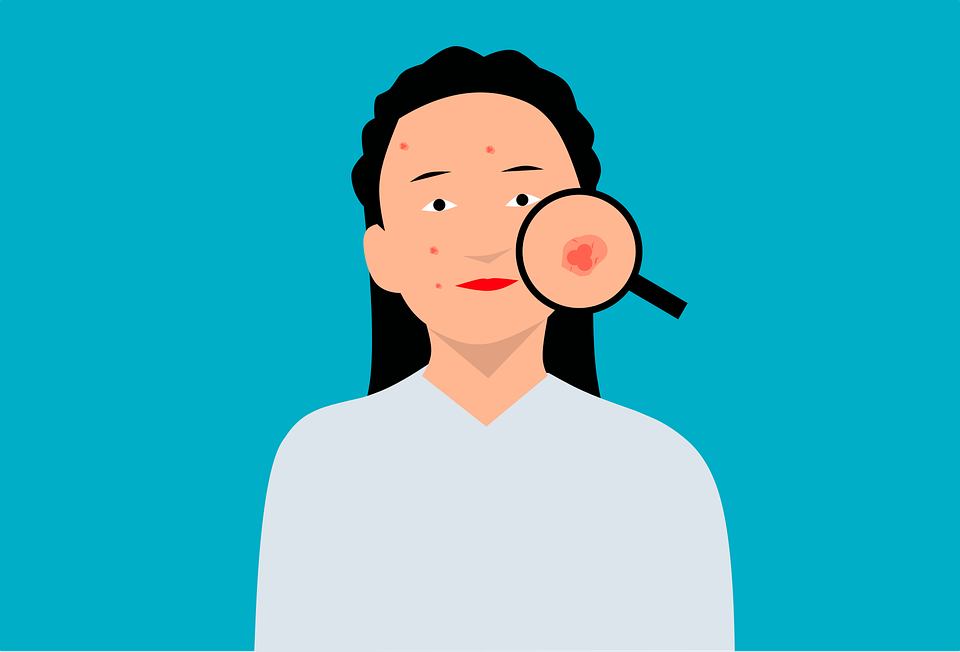Eczema, also known as atopic dermatitis, is a skin condition characterized by inflammation, itchiness, and dryness. While there is no cure for eczema, various treatments, including probiotics, have been suggested to help alleviate its symptoms. In this article, we’ll examine the effectiveness of probiotics for eczema and explore the science behind their use.
What Are Probiotics?
Probiotics are live microorganisms that are beneficial to our health, especially our digestive system. They are naturally found in our body, but can also be taken as supplements or through certain foods like yogurt, kefir, and fermented vegetables.
Probiotics are known for their ability to support gut health by balancing the intestinal flora and promoting the growth of beneficial bacteria. However, recent research has also suggested that probiotics may benefit other parts of the body, including the skin.
What Is Eczema?
Eczema is a chronic skin condition that affects people of all ages, but is most common in infants and young children. It is characterized by dry, itchy, and inflamed skin that may crack, bleed, or develop blisters.
The exact cause of eczema is unknown, but it is believed to be a combination of genetic and environmental factors. Common triggers for eczema include irritants, allergens, stress, and certain foods.
How Can Probiotics Help Eczema?
The link between gut health and skin health has been widely recognized, and recent studies have suggested that probiotics may help alleviate eczema symptoms by improving gut flora and reducing inflammation.
A study published in the Journal of Allergy and Clinical Immunology found that infants who received probiotics in their first six months of life were less likely to develop eczema by age two compared to those who did not receive probiotics. Another study published in the same journal found that adults with eczema who took probiotics for 12 weeks had improved eczema symptoms and quality of life compared to those who took a placebo.
The exact mechanism by which probiotics improve eczema symptoms is still unclear, but it is believed to be related to their ability to regulate the immune system and reduce inflammation.
Which Probiotics Are Best for Eczema?
There are many different strains of probiotics, each with its own unique benefits. When it comes to eczema, some strains have been studied more extensively than others.
One of the most well-studied probiotics for eczema is Lactobacillus rhamnosus GG (LGG). This strain has been shown to reduce the severity of eczema symptoms in both infants and adults. Other strains that have been studied for eczema include Bifidobacterium lactis, Lactobacillus acidophilus, and Streptococcus thermophilus.
It’s important to note that not all probiotics are created equal, and their effectiveness may depend on various factors, including the individual’s gut microbiome and the specific strain and dosage of probiotic used. Therefore, it’s best to consult with a healthcare professional before starting any probiotic regimen.
Other Ways to Manage Eczema
While probiotics may help alleviate eczema symptoms, they are not a cure and should be used in conjunction with other eczema management strategies. Some other ways to manage eczema include:
- Avoiding triggers: Identify and avoid triggers that worsen your eczema symptoms, such as certain foods, chemicals, or fabrics.
- Moisturizing: Keep your skin hydrated by using a moisturizer regularly, especially after bathing.
- Using topical medications: Topical medications, such as corticosteroids, may
- be prescribed by a healthcare professional to help reduce inflammation and itchiness.
- Taking oral medications: Oral medications, such as antihistamines or immunosuppressants, may be prescribed in severe cases of eczema.
- Practicing stress-reducing techniques: Stress can worsen eczema symptoms, so practicing relaxation techniques, such as meditation or yoga, may be helpful.
- Maintaining a healthy diet: Eating a balanced diet rich in nutrients may help support overall health, including skin health.
- Conclusion
- In conclusion, probiotics have shown promise in alleviating eczema symptoms by improving gut health and reducing inflammation. However, further research is needed to fully understand the mechanisms behind their effectiveness and which strains are most beneficial for eczema.
- If you are considering probiotics for eczema management, it’s important to consult with a healthcare professional to ensure you are using the most appropriate strain and dosage for your individual needs. Additionally, probiotics should be used in conjunction with other eczema management strategies, such as avoiding triggers and maintaining a healthy lifestyle.
- While there is no cure for eczema, with proper management, it is possible to reduce the frequency and severity of symptoms and improve overall quality of life.







